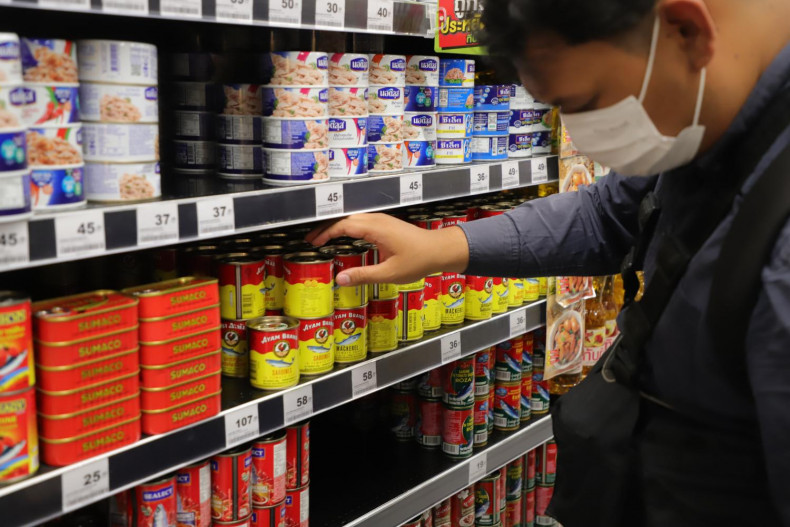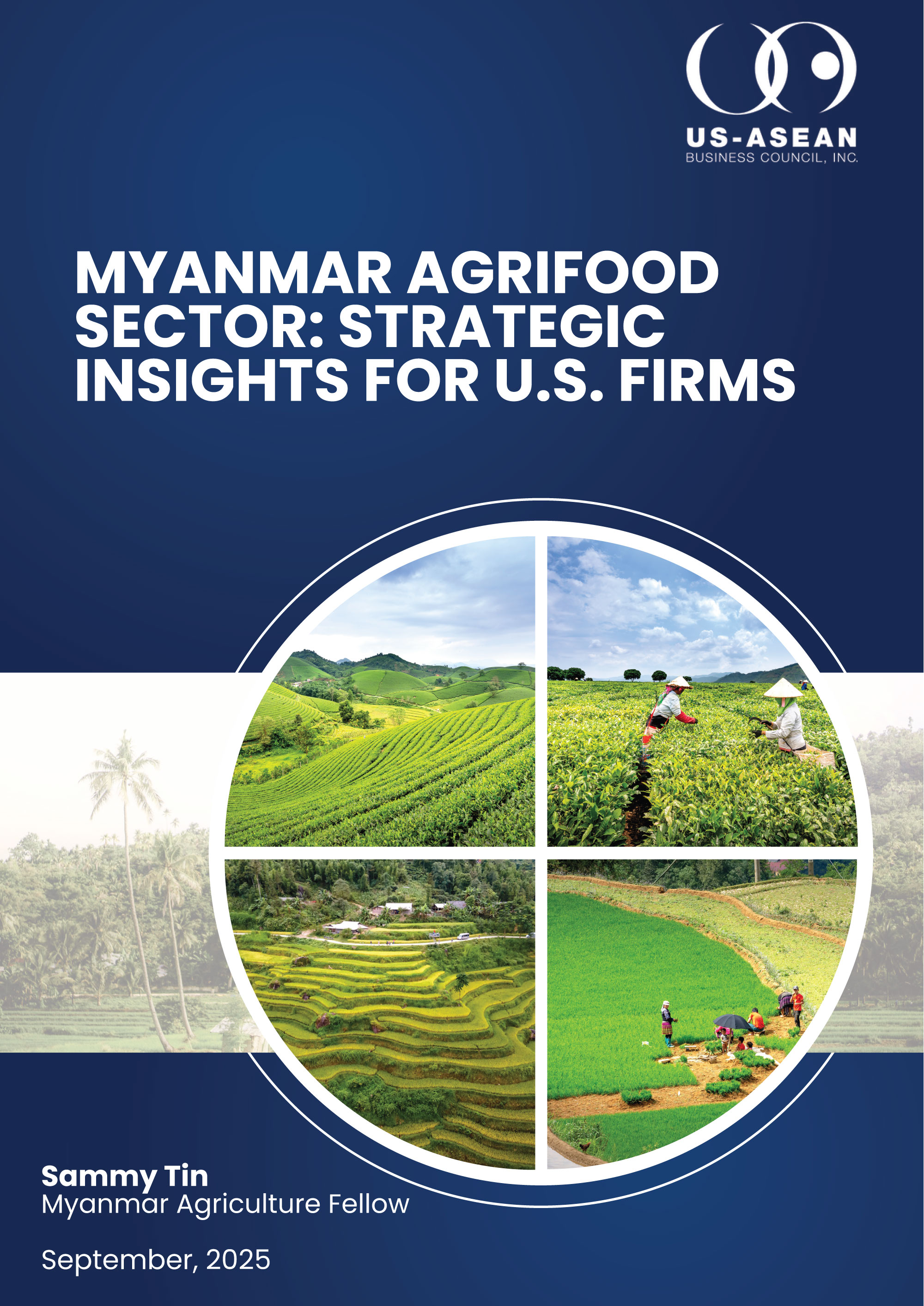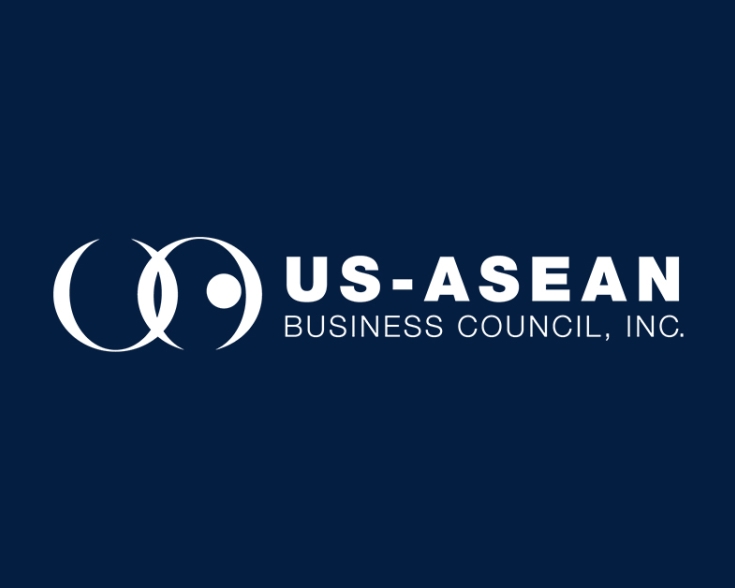Thailand’s Tiered Salt Tax: Implications for Manufacturers and U.S. Exporters

The Thai government introduced a tiered salt taxation system, modeled after the sugar tax, to address concerns over hypertension and kidney disease linked to high sodium consumption. Taxation will be determined by sodium content, with snacks expected to be among the first products affected in the initial phase of implementation. Current data indicates that the top three high-sodium foods in Thailand are instant noodles, snacks, and frozen foods. A transition period is expected to follow, with stakeholders calling for public hearings. The tiered salt tax will increase costs for manufacturers of high-sodium products. Firms may need to reformulate products to reduce sodium content, adjust prices, or modify supply chains for compliance.
U.S. companies exporting processed food to Thailand must adapt to evolving health-focused regulations, potentially reformulating products to remain competitive and compliant. Meanwhile, those investing in low-sodium alternatives can enhance brand positioning and capture market share as consumer preferences shift toward healthier options. The Council has launched the Nutrition Policy Engagement Series to foster dialogue and collaboration on this important topic, as well as discussions on sugar tax policies in Indonesia and the Philippines.










